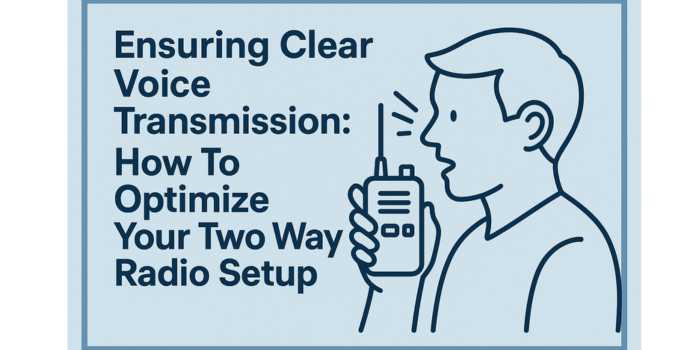As a Shopify store owner, you need to know your customers’ thoughts about your brand. Being satisfied with your store, they may recommend it to others. If not, it will influence your sales.
You may collect the shoppers opinion with the help of various marketing tools, such as surveys, interviews, or with the use of the Shopify reviews plugin.
When consumers share their experience with others, such messages can be called either testimonials or reviews. What’s the difference? From one point of view, it may seem there is no difference, but it is not so.
Let’s find out if they differ and their impact on your brand.
Reviews value
There are a lot of different definitions of reviews. Summarizing them, we get the following:
Reviews are brief descriptions of consumer experiences with a service or product published on a third-party platform. Generally, they are star-rating. Let’s figure it out in more detail.
First of all, customer reviews are short. They include just a few words of what buyers feel towards a brand, where their experience was good or bad.
Secondly, as customer reviews are published on third-party platforms, as a store owner you don’t have an opportunity to influence, change, or delete them. The only thing you can do is just to give a response to customer reviews. If they have a five-star rating, you may show your appreciation in order to maintain good relations and convert customers into repeat buyers. In case reviews are negative and have a low rating, you should try to find out what went wrong and try to set things right.
Since reviews are not as long as testimonials, their quantity and truthfulness are essential. Unfortunately, fake reviews are not unusual, as competitors may hire someone to leave bad comments.
Nevertheless, the more five-star reviews you have, the better your store’s reputation is.
Where could reviews be posted?
Customers can post reviews on various platforms on the internet, such as Facebook, Instagram, Trip Advisor, etc. You also may ask them to share their experience at certain places where other buyers will find them.
For example,
It’s ideal for your business if customers publish their reviews right at your store. For this option, you may use the Webtex free product reviews application, as it allows you to showcase reviews and user-generated content.
Testimonials value
So, what are testimonials? These are in-depth, detailed stories buyers share with others about their attitude to your product or service. Moreover, testimonials may also include photos and videos, making them more vivid and visual, unlike reviews. They can benefit potential buyers who still can’t decide on this or that purchase.
Testimonials tend to be positive as they are provided directly to the company. Hardly any brand would like to post negative ones and show them to other buyers. Thus, testimonials help create and maintain a positive reputation as they are collected from customers with great brand experiences.
On the one hand, testimonials are a kind of recommendation to future buyers. On the other hand, they are like advertisements showcasing the best sides of your Shopify store.
Read here : Tweeteev Review: What is Tweeteev? How Does it Work?
Where could testimonials be posted?
As testimonials are provided to your Shopify store, the best places for them are:
- Your webstore landing page, product pages, separate testimonials page, etc.
- Emails as a tool to motivate your buyers to make purchases by adding testimonials to them.
- Advertisements for attracting more potential customers and increasing trust. Online advertisements also make use of video testimonials.
Reviews opposed to testimonials
The common thing is that reviews and testimonials are used to describe buyers’ attitudes to your product or service. Nevertheless, they have a lot that differs.
Platform
We have already mentioned above that reviews are published on third-party platforms. There, any buyer can search for specific brands and study the shopping experience of others. As for testimonials, such posts from satisfied customers can be found on your brand’s website and other places that can work well for your store.
Control
Controlling other customers’ posts is another feature that differentiates testimonials from reviews. It’s in your power to control testimonials and choose what you should post and share with other buyers and what you shouldn’t.
As for reviews, you can’t influence them because they are published on third-party platforms and out of your control. Moreover, they can be fake. In this case, you may just respond to them, trying to improve your reputation.
Context
One more difference is that testimonials tend to be always positive. If they are negative, no one will ever see them.
Wrapping up
As you can see, reviews and testimonials have much in common and a lot that differ at the same time.
The truth is that they both influence your business. Knowing their differences, you will wisely use them for your Shopify store to attract more customers and increase sales.
Related posts :




